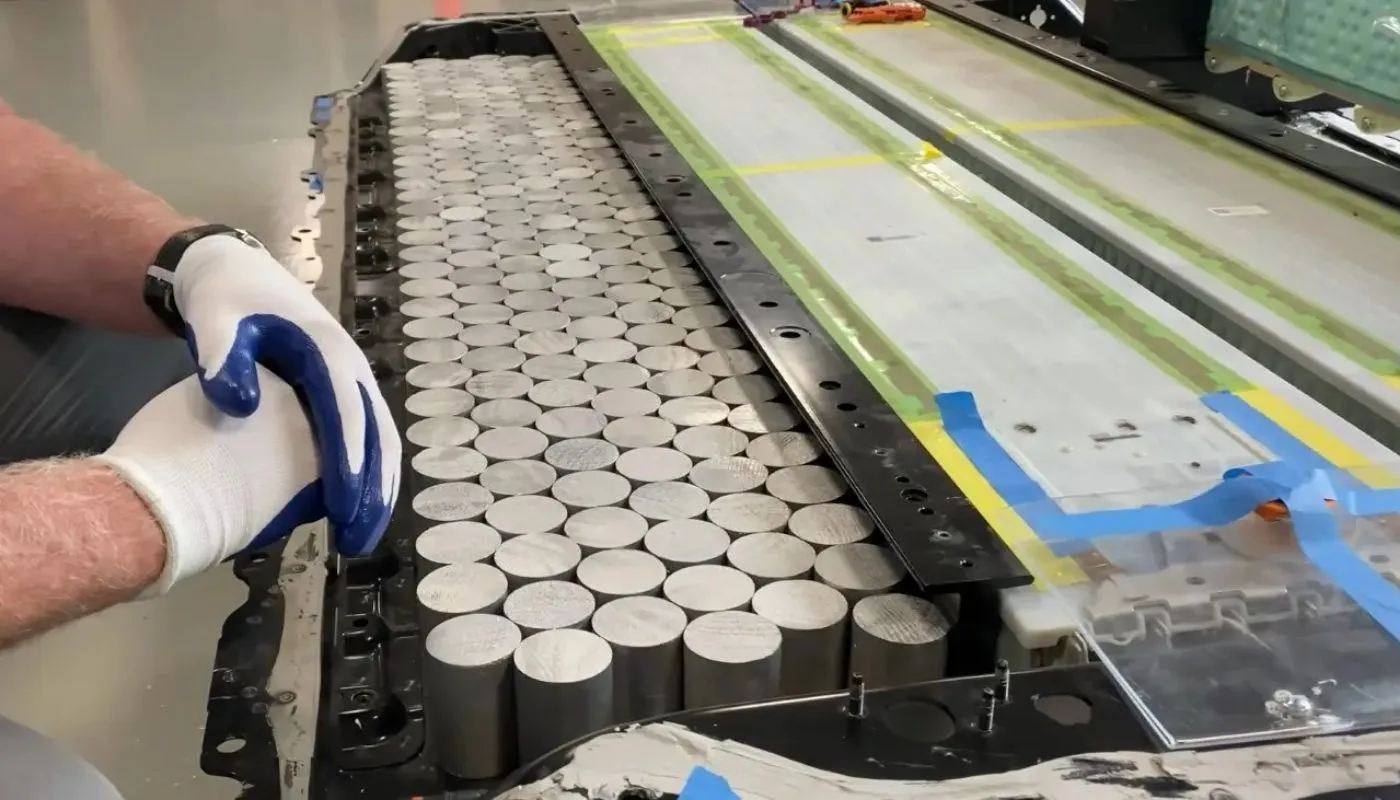Scientists at Fudan University have developed a novel approach that can significantly increase the capacity of lithium-ion batteries and, therefore, the potential for future energy storage. One of their new ideas, published in Nature, addresses one of the major issues in batteries today: aging.

New Research in China Promises EV Batteries That Could Last for Decades
As you may know, lithium-ion batteries used in portable electronic devices, hybrid cars, electric cars, etc., lose their efficiency year in and year out because of the formation of what is referred to as ‘dead lithium.’ Lithium ions, including lithium plating, become separated and inactive during battery charging and discharging and, therefore, decrease the battery capacity. This reduces battery longevity and generates more waste, which is financially and environmentally costly.
The researchers at Fudan University attempted to address the degradation in terms of a biology case study where they looked for a cure for the lost lithium. Their solution was to come up with a tailored carrier molecule with the ability to regain the lost lithium without compromising the battery functionality. The researchers seem to have revived batteries that otherwise would fail quickly by recycling inactive lithium throughout the electrochemical process.
As much as this technique proved effective, the results obtained thereof were equally remarkable. The efficiency of lithium-ion batteries usually reduces dramatically after about 1,500 charge cycles in the traditional one. However, with this new method, the battery life span was further enhanced to approximately 12,000 cycles. This improvement amounts to approximately an eight-fold extension of the working lifespan of the lithium-ion technology, hence cutting on wastage of batteries.
Tesla’s Model 3 and Model Y vehicles have impressively been tested to have their battery longevity, with their batteries retaining around 85% of the battery capacity of new ones after usage of 200,000 miles. This has been made possible by Tesla’s advanced battery management system, thermal regulation, ions, and the quality of the lithium-ion cells applied in the company’s vehicles.
Implications for Energy Storage
The breakthrough from Fudan University might push the claim to a new frontier. By incorporating lithium replenishing technology into battery systems, they have a chance of making batteries last one million miles and cutting down on battery replacements in electric vehicles. This would also reduce the cost of ownership, and in turn make Tesla’s cars more sustainable, and consequently help Tesla consolidate its position in the EV market.
This has wide extensive understanding, especially to industries such as electric vehicles (EVs) and renewable energy systems. Present-day EV batteries are subject to depletion, and this makes them to be replaced frequently, hence contributing to the e-waste. This invention could help to improve the efficiency of the battery in EVs and thereby make the ownership of electric vehicles economically feasible in the long run.
This discovery is beneficial not only from an economic and technological point of view but also in helping with global sustainability goals. The extraction of lithium has rapidly increased over the years, and many people have raised an eyebrow over environmental pollution coupled with the limiting nature of this resource. One last long-lasting battery requires fewer batteries to produce and therefore eliminates the amount of batteries that require disposal, hence the carbon footprint.
The Road Ahead
Nevertheless, this is an early-stage discovery, which means that the subsequent steps are designed to bring the technology to the next level of provision—its commercial provision. Some of the researchers believe that it is possible to familiarize its fabrication method with currently used technologies of fabrication of lithium-ion batteries with minor adjustments that will see the solution adopted on the commercial level.
This innovation, if successful, would have a drastic impact on the practice of energy storage and the usage of battery technology. The efforts of Fudan University researchers reflect the current efforts by industries and governments to seek cleaner sources of energy.


















